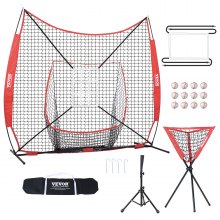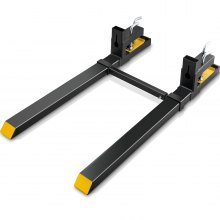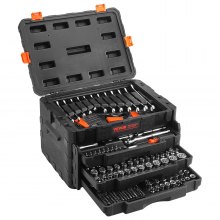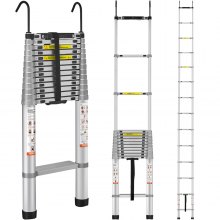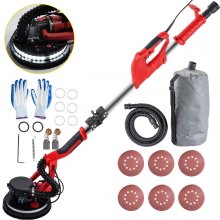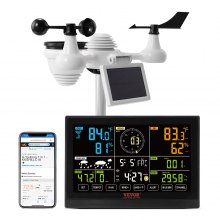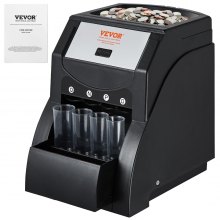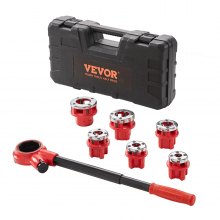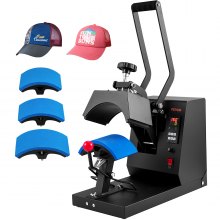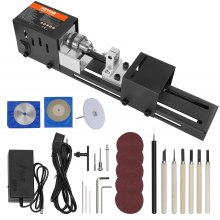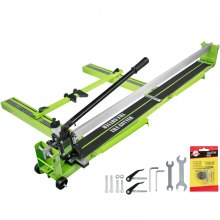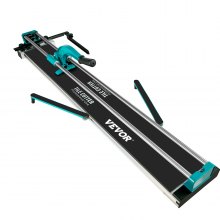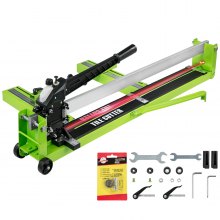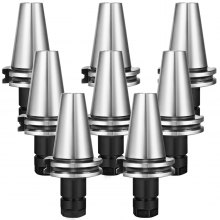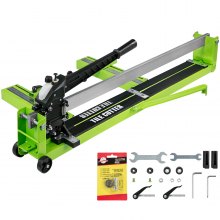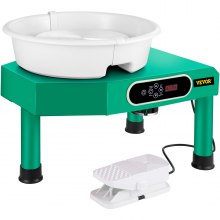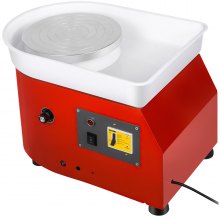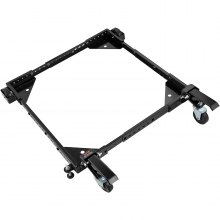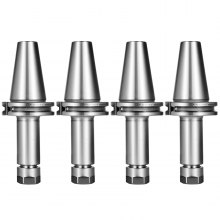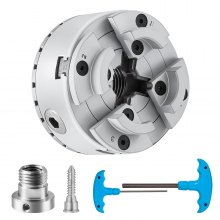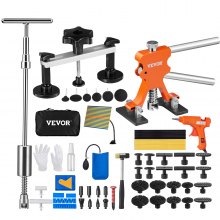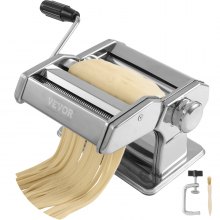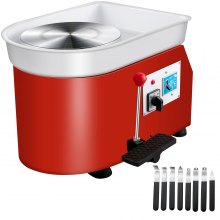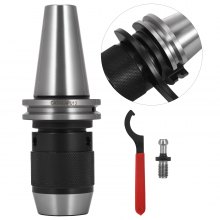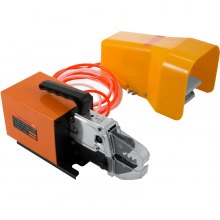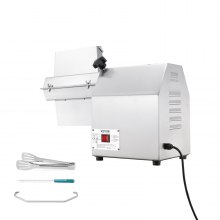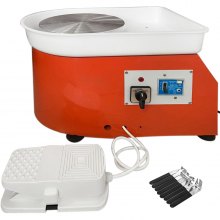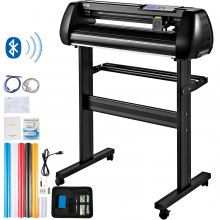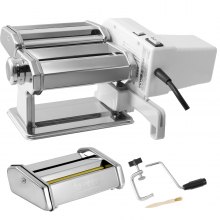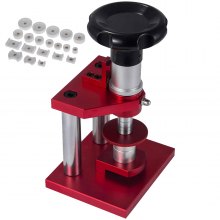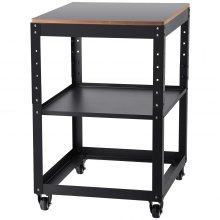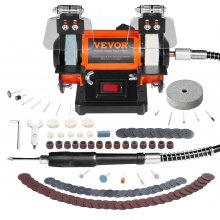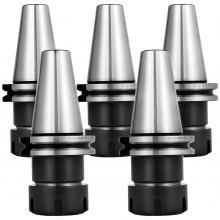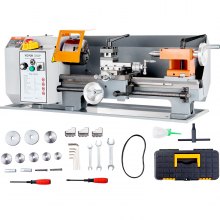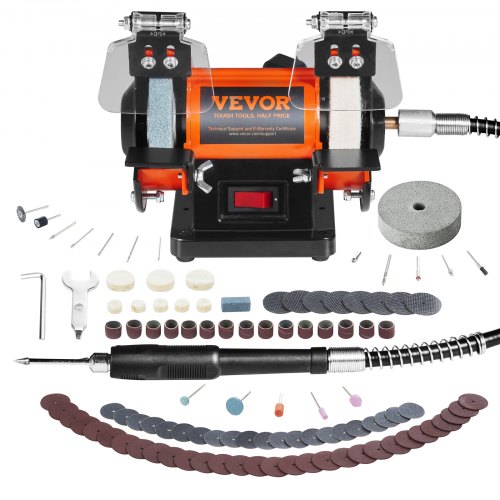Exploring the World of Machine Tools: A Comprehensive Guide
Introduction to Machine Tools
Welcome to the fascinating realm of machine tools, where precision meets productivity to shape the future of manufacturing. Machine tools are indispensable devices utilized in various industries to shape, cut, drill, and finish workpieces with accuracy and efficiency. In this comprehensive guide, we'll delve into the diverse world of machine tools, exploring their types, applications, and pivotal role in modern manufacturing processes.
Types of Machine Tools
Lathe Machines
Lathe machines are versatile tools used for shaping cylindrical workpieces by rotating them against a cutting tool. They are indispensable in turning, facing, threading, and grooving operations, making them essential in metalworking, woodworking, and even glassworking industries.
Milling Machines
Milling machines utilize rotary cutters to remove material from a workpiece, creating complex shapes, slots, and holes. They come in various configurations, including vertical, horizontal, and universal mills, and are widely used in manufacturing, prototyping, and machining operations.
Drilling Machines
Drilling machines are designed to create holes in workpieces using a rotating drill bit. They range from simple benchtop models to sophisticated CNC (Computer Numerical Control) drilling machines capable of high-precision drilling in diverse materials such as metal, wood, and plastic.
Grinding Machines
Grinding machines are employed to remove excess material from workpieces and achieve a fine surface finish through abrasive grinding wheels. They are utilized in precision grinding operations for sharpening tools, shaping surfaces, and achieving tight tolerances in machined components.
Cutting Machines
Cutting machines encompass a wide range of devices, including bandsaws, hacksaws, and plasma cutters, designed to cut through various materials with precision and efficiency. These machines are essential in metal fabrication, woodworking, and construction industries.
Applications of Machine Tools
Manufacturing Industry
Machine tools form the backbone of the manufacturing industry, enabling the production of intricate components and assemblies for automotive, aerospace, electronics, and other sectors. From mass production to prototyping, machine tools play a pivotal role in driving innovation and efficiency in manufacturing processes.
Repair and Maintenance
Machine tools are indispensable in repair and maintenance operations, allowing technicians to restore worn or damaged components to their original specifications. Whether it's reaming a hole, milling a surface, or grinding a part, machine tools facilitate precision repairs across a wide range of industries.
Research and Development
In research and development laboratories, machine tools are utilized to fabricate prototypes, test components, and explore new manufacturing techniques. From 3D printing to CNC machining, these tools enable researchers to bring their ideas to life and push the boundaries of innovation.
Advancements in Machine Tool Technology
CNC Automation
The advent of Computer Numerical Control (CNC) technology has revolutionized the world of machine tools, enabling automated, precise, and repeatable machining operations. CNC machines offer unparalleled control and flexibility, allowing manufacturers to produce complex parts with ease and efficiency.
Additive Manufacturing
Additive manufacturing, also known as 3D printing, is transforming traditional machining processes by enabling the production of complex geometries directly from digital designs. This disruptive technology offers rapid prototyping, customization, and material savings, opening up new possibilities in product development and manufacturing.
Smart Manufacturing
The integration of sensors, data analytics, and connectivity in machine tools is paving the way for smart manufacturing systems. These interconnected networks enable real-time monitoring, predictive maintenance, and adaptive machining, optimizing productivity and reducing downtime in manufacturing operations.
Conclusion: Embracing the Future of Manufacturing with Machine Tools
As we journey through the intricate world of machine tools, it becomes clear that these devices are not merely tools but the backbone of modern manufacturing. From shaping raw materials to crafting precision components, machine tools empower industries to innovate, create, and thrive in an ever-evolving landscape. By embracing the latest advancements in technology and techniques, manufacturers can unlock new levels of efficiency, quality, and competitiveness in the global marketplace. Let us continue to explore, innovate, and harness the power of machine tools to shape a brighter future for generations to come.
FAQs about Machine Tools
What are machine tools, and what are their primary functions?
Machine tools are devices used to shape, cut, grind, or form materials into specific shapes or dimensions. They are essential in manufacturing and fabrication processes across various industries. Some common functions of machine tools include drilling, turning, milling, grinding, and shaping materials like metal, wood, and plastic with precision and accuracy.
What are the different types of machine tools commonly used in manufacturing?
There is a wide range of machine tools utilized in manufacturing processes, each designed for specific tasks and applications. Some common types include lathes, which rotate workpieces to perform cutting and shaping operations; milling machines, which use rotary cutters to remove material from a workpiece's surface; and drilling machines, which create holes in materials using rotating drill bits. Other types include grinding machines, saws, and CNC (Computer Numerical Control) machines, which automate and control machining processes with precision.
How do I choose the right machine tool for my manufacturing needs?
Choosing the right machine tool depends on several factors, including the type of material being processed, the complexity of the desired shape or design, production volume, and available workspace. It's essential to consider factors such as the machine's capacity, accuracy, speed, and versatility to ensure it meets your specific requirements. Consulting with industry experts or machinery suppliers can provide valuable insights and recommendations based on your manufacturing needs and budget.
What safety precautions should I take when operating machine tools?
Safety is paramount when operating machine tools to prevent accidents and injuries. Always wear appropriate personal protective equipment (PPE), including safety glasses, hearing protection, and gloves, to protect against hazards such as flying debris, loud noises, and sharp edges. Familiarize yourself with the machine's operating manual and safety guidelines, and never operate a machine tool without proper training and supervision. Always ensure that the machine is properly maintained, with guards and safety devices in place, and never bypass or disable safety features.
How do I maintain and troubleshoot machine tools to ensure optimal performance?
Regular maintenance is crucial for keeping machine tools operating smoothly and efficiently. This includes cleaning and lubricating components, checking for wear and damage, and performing routine inspections and adjustments as needed. Additionally, it's essential to address any issues or malfunctions promptly to prevent further damage and downtime. Familiarize yourself with the machine's maintenance schedule and troubleshooting procedures outlined in the user manual, and consider scheduling regular service and inspections by qualified technicians to identify and address potential problems before they escalate.




























